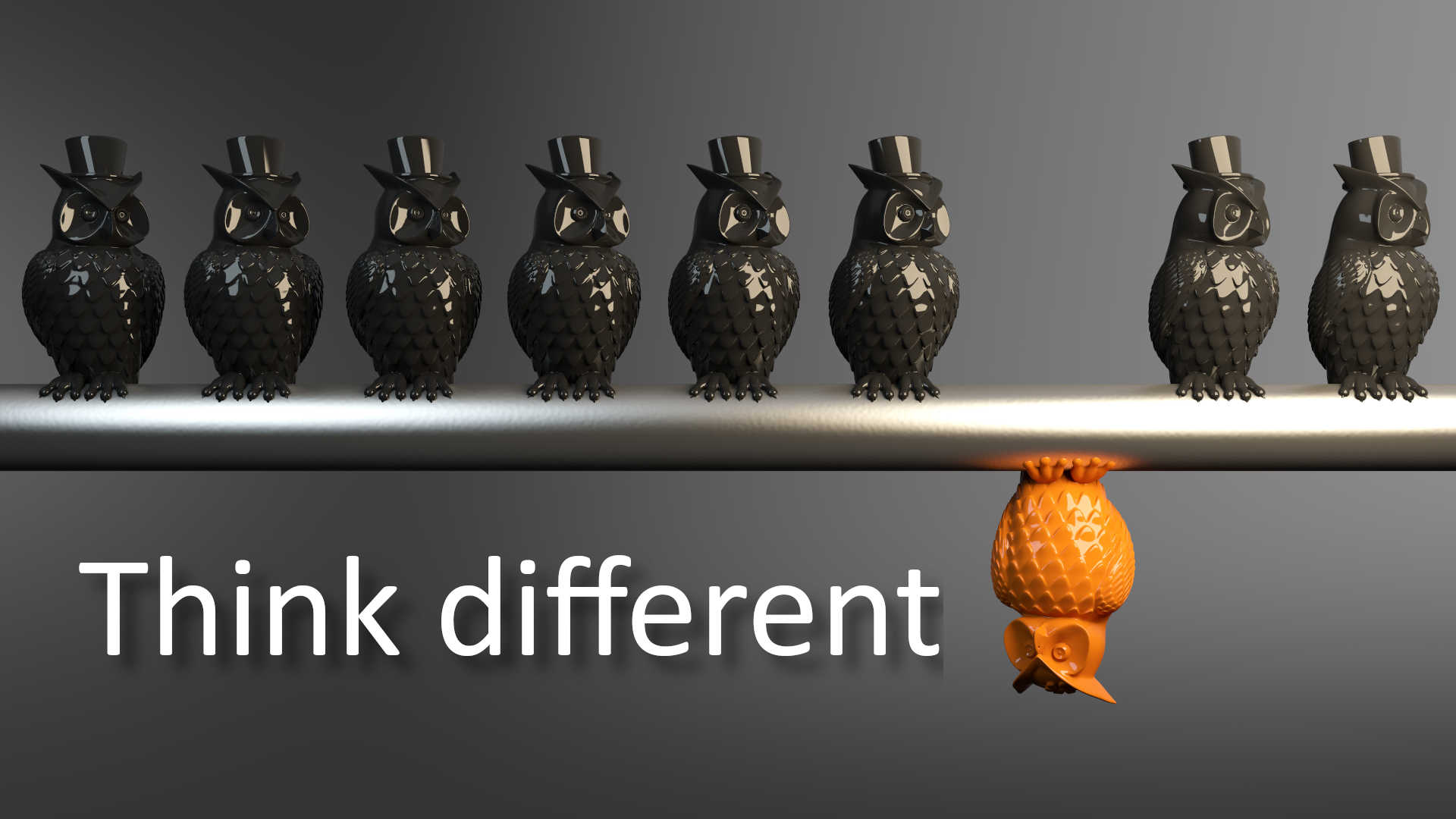It was long overdue: France is discovering active ETFs. No doubt they will be a great success, but it could be wise for investors to ask a few questions before they let their favorite financial advisor stuff their portfolio with this “innovative” product.
As a reminder, an ETF is an Exchange Traded Fund, ie a fund whose units can be traded on an exchange like any other security. Although most original ETFs were index funds, because passive management made it easier for market makers to maintain an efficient quotation, nothing says that an ETF has to be designed to replicate an index.
This said, there are a few points that we can’t reconcile about these products:
– one reason why ETFs have been gaining share is, most of them are managed passively, which investors tend to like after a long bull market in which many active managers failed to beat their benchmark. Is there any reason to think that active strategies which used to underperform in a normal fund will beat the market when packaged as an ETF?
– another reason of ETFs’ success was their relatively low management fees, but that was because passive management, which can be entrusted to a computer or a monkey, is a low cost approach. Why would this advantage remain if the fund’s fees need to cover all expenses associated with information and research, which are necessary to eventually add value?
– it is widely understood that higher returns can only be obtained with higher risk-taking, which itself implies having a long-term investment horizon ahead. If the objective is to keep an investment for five years or more, what is the point of being able to trade intra-day? And what is the point of paying the extra-costs induced by this listing if it is not to make use from that increased flexibility?
Admittedly, investors do not mind turning a fundamentally questionable idea into a great success. We saw that with meme stocks, certain types of crypto-assets and many other assets, whose nature is anywhere between a lottery ticket and a Ponzi scheme. At least, with active ETFs, they won’t be buying void.
HG – October 9, 2025






